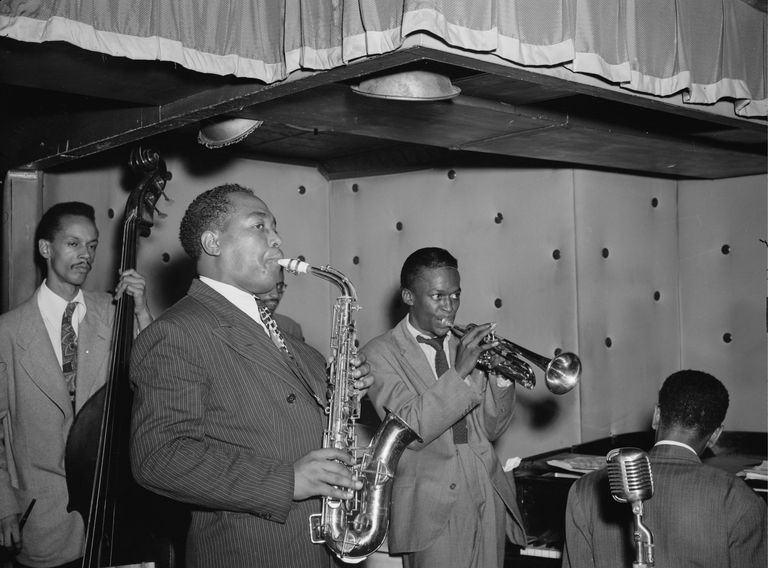Jazz Music and Its Effect on the History of Rock
At first thought, it may not be evident just how influential jazz has been in the history of rock n’ roll. But digging a little deeper into the roots of the deliciously raucous art form that brought the brass instruments into the forefront of American music shows exactly why the pioneering men of this genre were inducted into the Rock n’ Roll Hall of Fame.

The Roots of the Jazz Movement
Jazz was a contemporary of the Southern blues that dominated much of the early music landscape. The two styles had their roots in traditional African beats that were adapted and altered during the Civil War era. Whereas blues evolved primarily in Mississippi, early jazz was developed mostly in Louisiana, particularly in New Orleans.
As it progressed, jazz borrowed heavily from traditional marching band music, African-inspired blues and ragtime. Traveling musicians spread the music throughout the South, while vaudeville musicians took the art form to northern and western audiences.
Major Players in Early Jazz Music
One of the earliest proponents of jazz music was Buddy Bolden, a native to New Orleans who was the first to fuse ragtime with the blues through the introduction of brass instruments in predominantly blues pieces. Although there are no known recordings of Bolden, he was a heavily influential figure to some of the great early jazz musicians, including King Oliver and Duke Ellington.
Another pivotal jazz musician was Jelly Roll Morton, who claimed to have invented jazz in 1902. Although his claims are likely to be slightly exaggerated, there’s no doubting the impact of his achievements as one of the earliest composers of jazz music. In fact, his “Jelly Roll Blues” is widely considered to be the first serious piece of jazz music ever published.
Of all the pre-War jazz musicians, though, perhaps the most well known is Louis Armstrong. Armstrong began his career in 1917 in a band inspired by King Oliver. By 1922, his talents had earned him a prized spot in Oliver’s Creole Jazz Band, which was destined to be one of the most popular jazz acts in New Orleans. Armstrong’s fame quickly exceeded what working with the Creole Jazz Band could do for him, and he continued on to a remarkable career that would leave him as one of the most definitive figures of the genre.
Rise of the Jazz Age
As jazz was evolving, so was its reputation. Polite society of the day thought of jazz as dirty music, and it was banished to the underbellies of the cities. During Prohibition era, which was coined the Jazz Age by writer F. Scott Fitzgerald, jazz was the music of choice at speakeasies, which only further reinforced its image as part of undesirable society. It was associated with what was perceived as a loosening of morals, something that would be pivotal in the rise of a jazz sub-genre, swing, in the 1930s and 1940s.
The Impact of Early Jazz Music on Rock History
Jazz never experienced a decline quite like the blues did, with major performers staying in the spotlight well into their twilight years. As the early musicians aged, they influenced a new crop of virtuosos, who fused jazz with the then-upcoming musical art form known as rock. Among these were Miles Davis and Herbie Hancock, two pioneers in the jazz fusion genre that would shape the history of rock.
Some of the biggest acts in early rock history, such as the Grateful Dead, Van Morrison, Eric Clapton, Jimi Hendrix and Joni Mitchell, cited jazz performers like Jelly Roll Morton, Louis Armstrong, Thelonious Monk, John Coltrane and Charlie Parker as heavy influences in their own work. But jazz not only lent its musical forms to rock – it also handed down a tradition of rebellion that fueled the rock n’ roll mystique of the 1960s and 70s.
Eventually, jazz spawned several genres of its own. Swing would prove to be equally influential in the history of rock, as would later genre developments like funk and hip hop. The jazz community suffered a devastating split in the 1980s that gave rise to several new sub-genres of jazz, none of which have caught fire the way the original form did in the early part of the 20th century. However, the jazz tradition does live on, and its contribution to and impact on rock history is unmistakable.




